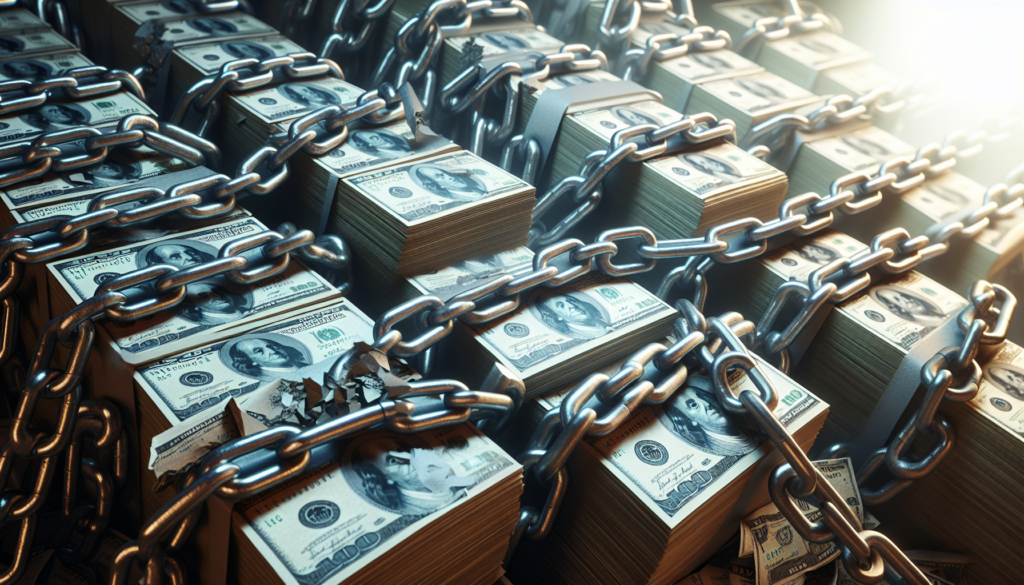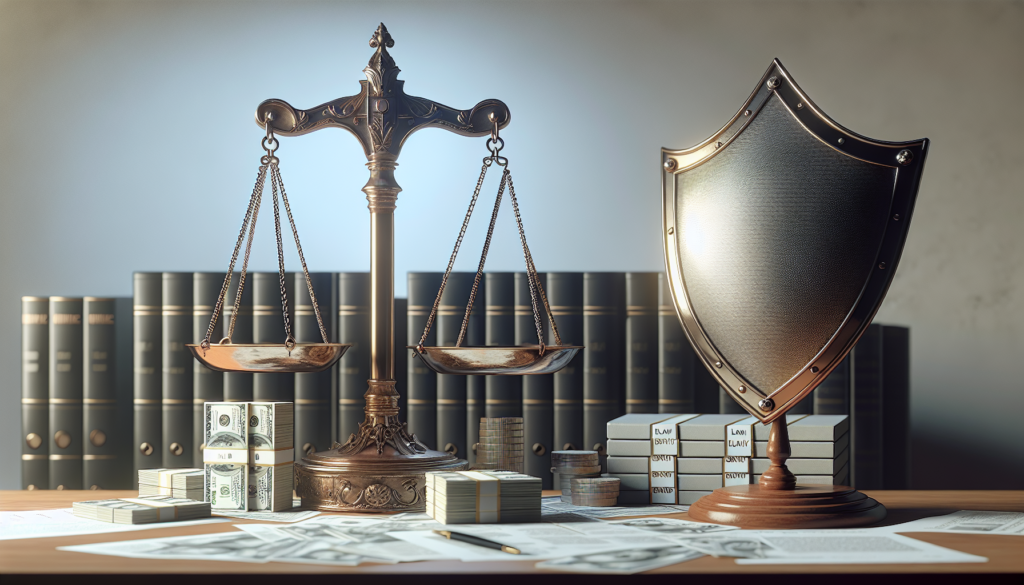
Limited personal cash flow can indeed be a sign that considering bankruptcy could be beneficial, especially if you’re struggling to meet basic living expenses due to overwhelming debt obligations. Bankruptcy is designed to provide relief to individuals facing financial distress, allowing them to either discharge or reorganize their debts. Here’s how limited cash flow ties into the decision to consider bankruptcy:
Indicators That Bankruptcy Might Be Helpful
- Inability to Pay Bills: If your cash flow is insufficient to cover essential expenses and debt payments, bankruptcy could offer a way to reset your financial situation.
- Minimum Payments Only: Consistently making only minimum payments on debts, especially high-interest credit cards, can indicate that your finances are stretched too thin and not sustainable long-term.
- Increasing Debt Levels: If your debt levels continue to rise due to interest and fees despite making payments, it might be time to consider bankruptcy to halt this cycle.
- No Feasible Path to Debt Repayment: If analyzing your budget and future income prospects shows no realistic way to pay off your debts within a reasonable timeframe, bankruptcy could provide a necessary financial reset.
How Bankruptcy Can Address Limited Cash Flow
- Chapter 7 Bankruptcy: This type of bankruptcy can discharge most unsecured debts, such as credit card debt and medical bills, freeing up cash flow that was previously dedicated to these payments.
- Chapter 13 Bankruptcy: If you have a regular income but need to reorganize your debts, Chapter 13 allows you to create a repayment plan based on your income, expenses, and debt types, potentially lowering your monthly debt payments.
- Automatic Stay: Filing for bankruptcy invokes an automatic stay, immediately stopping most collection actions, wage garnishments, and pending lawsuits related to debt, which can provide immediate relief and help stabilize your cash flow.
Considerations Before Filing for Bankruptcy
- Long-Term Financial Impact: While bankruptcy can offer immediate relief, it also has long-term consequences, including a significant impact on your credit score and difficulty obtaining future credit.
- Non-Dischargeable Debts: Certain debts, such as student loans, child support, and most tax obligations, are typically not dischargeable in bankruptcy, so you’ll need to consider whether bankruptcy will sufficiently improve your cash flow situation.
- Asset Liquidation: In Chapter 7 bankruptcy, you might have to surrender some assets, although many types of assets are protected through exemptions.
- Legal and Filing Costs: There are costs associated with filing for bankruptcy, including attorney fees and filing fees, which should be factored into your decision.
If limited cash flow is making it difficult to manage your debt and cover essential living expenses, bankruptcy could be a viable option to consider. It’s crucial to evaluate your entire financial situation, including the types of debts you have, your income stability, and your long-term financial goals. Consulting with a bankruptcy attorney can provide valuable insights into whether bankruptcy is a suitable option for your circumstances and help you understand the potential impacts on your financial future.


Get a Free Bankruptcy Case Evaluation